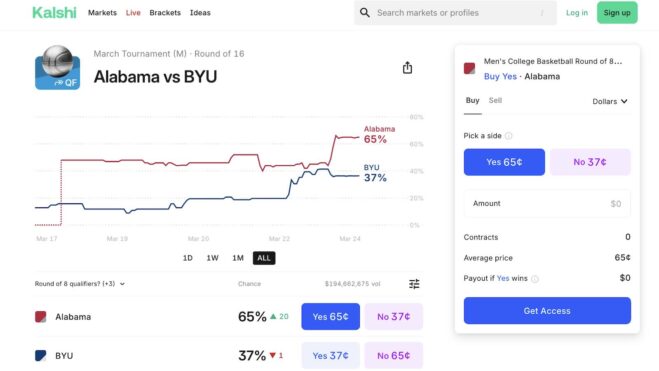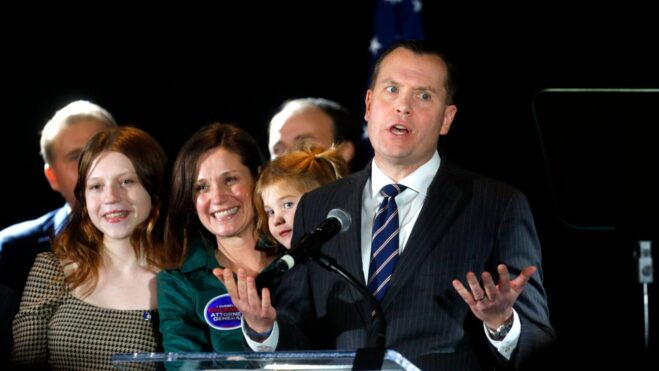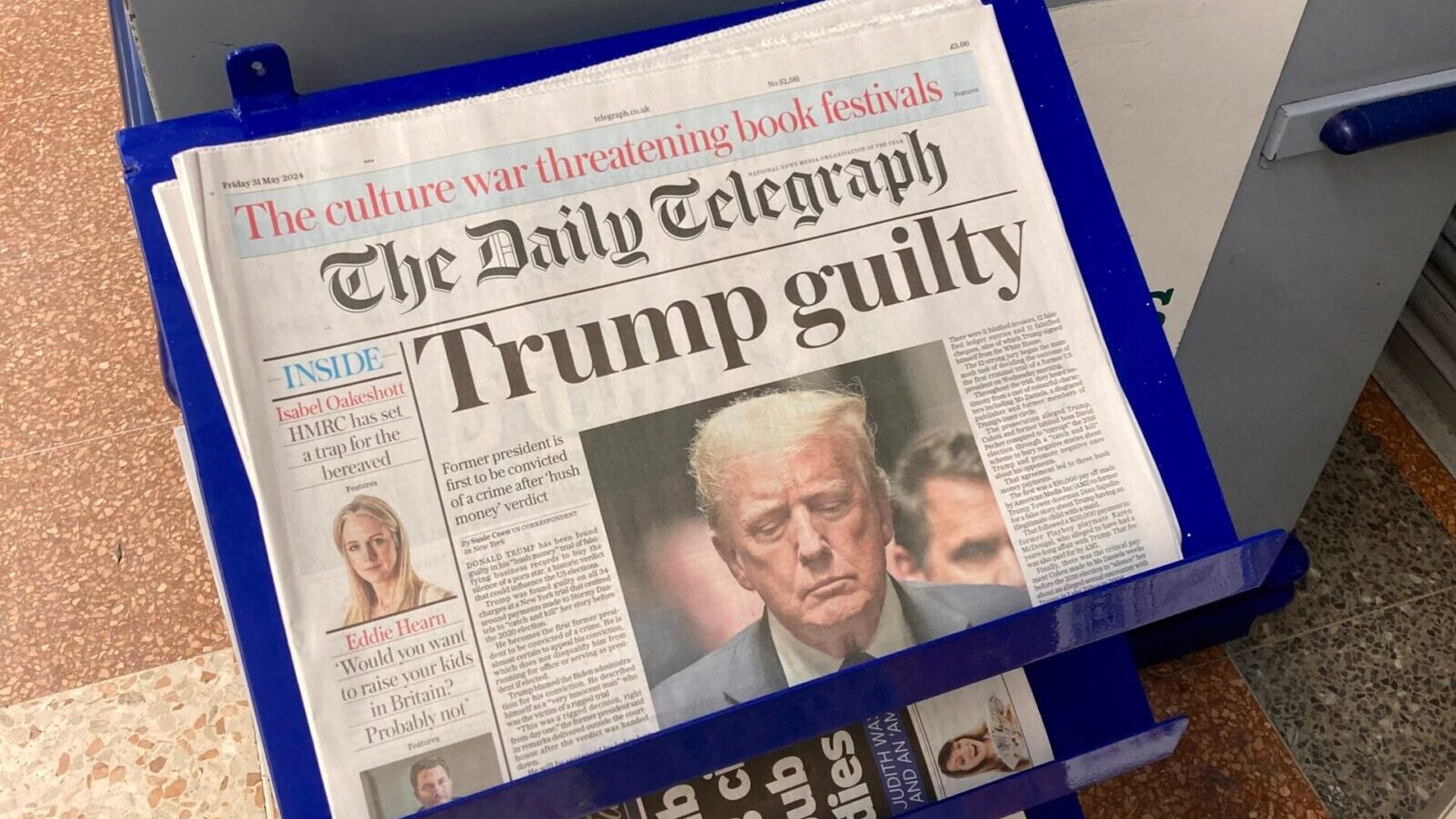California Tribes React With Optimism To Supreme Court Decision On Florida Sports Betting
The tribal leaders have acknowledged that they are moving forward with plans to introduce sports betting but have no set timeline.
2 min

The U.S. Supreme Court’s recent decision not to get involved in the Florida tribal sports betting battle could become the catalyst for further online gaming expansion in the country. California tribes have acknowledged that it will influence their decision in pursuing betting in the future.
California tribal leaders, as reported by CDC Gaming Reports, expressed optimism on Wednesday, stating that this hands-off approach from the Supreme Court eases the way for the adoption of online gaming and sports betting. However, they added that it won’t alter their existing timelines.
In a discussion hosted by the Indian Gaming Association (IGA) on its New Normal podcast, the ruling by the D.C. Circuit Court of Appeals was a primary topic. Last week’s decision by the Supreme Court not to review the lower court’s ruling has been seen as a significant victory for tribal gaming operations.
The 2023 ruling permitted tribal-offered online wagering off reservations, asserting that this did not violate the Indian Gaming Regulatory Act of 1988 (IGRA). This decision came after a challenge from West Flagler Associates and the Bonita-Fort Myers Corp., operators of a racetrack and poker room, which opposed Florida’s exclusive sports betting compact with the Seminole Tribe.
A ‘game changer’ for tribes
Victor Rocha, a California tribal member and chairman of the IGA’s annual conference, moderated the podcast and referred to the Supreme Court’s decision as “a game changer” for tribal gaming. The ruling has generated significant discussion about the potential for expanding tribal gaming into sports betting and online casinos.
“I know there’s a lot of excitement over this decision and it was the right decision, but people think we’re going to start having a push for new initiatives immediately in California. Luckily, we have a CNIGA meeting coming up this week and everyone realizes we’ll continue on the path we’ve been taking the last few years, moving carefully and methodically. This opens up some new avenues for us, but our timeline remains the same even with this decision.”
— California Nations Indian Gaming Association Chairman James Siva
Jason Giles, executive director of the IGA, addressed the implications of the decision, dismissing suggestions from Wall Street analysts that the ruling would enable states like California to pursue sports betting without requiring constitutional amendments approved by voters.
James Siva, chairman of the California Nations Indian Gaming Association (CNIGA), remained noncommittal about when tribes would seek voter approval to amend the California Constitution for sports betting. He emphasized that despite the enthusiasm generated by the decision, the timeline for pursuing new initiatives in California remains unchanged.
No clear timeline
When asked if tribes would aim for 2026, Siva did not commit to a specific date. He indicated that public polling will continue to play a crucial role in guiding their decisions, with some analysts suggesting that it could be 2028 or even 2030 before significant changes are seen.
Siva highlighted that 60% of revenue from this new form of gaming under IGRA must support tribal-government functions, such as healthcare services for tribal members. He criticized the business models of large corporations that seek to exploit tribal gaming licenses while retaining most of the revenue.
Scott Crowell, a tribal-gaming attorney with Crowell Law Office Tribal Advocacy Group, called the Supreme Court’s decision a significant victory for tribes. He explained that the ruling confirms that tribes can engage in statewide mobile gaming under IGRA without being constrained by state laws and legislatures.
Cromwell explained that the ruling clarifies tribes’ ability to offer statewide mobile gaming under the IGRA without being constrained by state laws and legislatures. He noted that while there is still some uncertainty about the implementation, a different outcome would have been disastrous for tribes.
Crowell also noted that new rules from the Department of Interior, introduced in March, support the D.C. Court’s decision. These rules prevent commercial gaming operators from entering a state, using a tribe’s license, and taking the majority of the revenue. Instead, commercial operators can offer back-of-the-house expertise to support tribal operations.
Siva expressed hope that the Supreme Court’s decision would prompt commercial operators to collaborate more effectively with California tribes. He added that some companies are already beginning to engage in meaningful discussions, although he didn’t detail how far along these conversations are.





